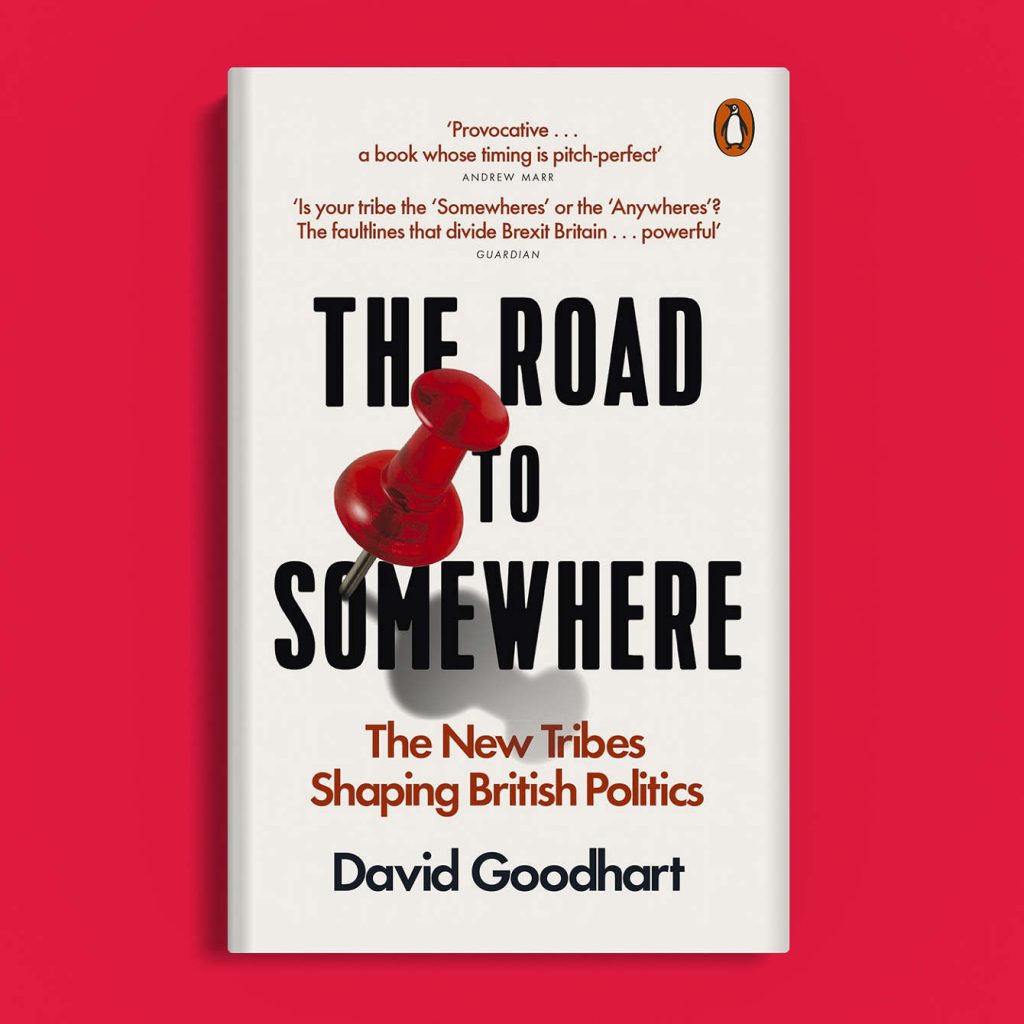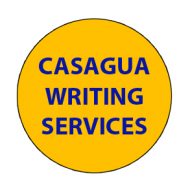Copywriters and marketers must grasp the new demographic realities or risk being left behind
John F Keane, CWS Director & Communications Expert

In a world of constant change, brands often struggle to connect with their audience. The ‘zeitgeist’ or defining ‘spirit of the age’ is necessarily an elusive target, yet many companies believe that simply aligning with perceived ‘progressive’ values will secure success. However, as recent examples like Bud Light and Jaguar have shown, this one-size-fits-all approach can backfire. A more nuanced strategy is needed—one that acknowledges the diverse and often conflicting perspectives within society. As we shall see, the concept of ‘Somewheres and Anywheres’ is especially useful here.
The ‘Somewheres’ and ‘Anywheres’
To truly tap into the zeitgeist, brands need to understand the different cultural mind-sets that exist today. One of the most insightful cultural frameworks is found in British author David Goodhart’s book, The Road to Somewhere. Goodhart identifies two distinct groups in every modern society: the ‘Anywheres’ and the ‘Somewheres’.
The Anywheres are generally highly educated, mobile professionals who value autonomy, change, and individual achievement. They’re comfortable with globalism and tend to have a liberal or cosmopolitan outlook. Their identity is less tied to a specific location and more to their profession or personal interests.
The Somewheres, in contrast, are often rooted in a particular place. Their identity is tied to their community, family, and local culture. They tend to be more traditional, valuing continuity, loyalty, and a sense of belonging. They may be less mobile and are more likely to be suspicious of rapid, top-down change.
Copywriting for Distinct Audiences
Understanding these mindsets allows for a more targeted and effective approach to copywriting. Instead of trying to please everyone with a single message, brands must tailor their communication to resonate with either Anywheres or Somewheres.
For the Anywheres, copywriting should be aspirational, innovative, and forward-thinking. Use language that emphasizes newness, personal growth, and global connectivity. Think of brands that appeal to a sense of adventure and a desire to be part of an elite, international community. The copy might focus on convenience, efficiency, and a life without boundaries. The visuals could feature diverse, urban settings and a sleek, minimalist aesthetic.
For the Somewheres, the language should be relatable, authentic, and community-focused. Use words that evoke a sense of tradition, heritage, and shared values. The copy should highlight quality, durability, and a commitment to local communities. Brands appealing to this audience might feature testimonials from real people, showcase their long history, and emphasize their connection to a specific region or craft. The visuals could include images of local landscapes, family gatherings and a rustic, traditional style.
Brand Identity Management that Connects
This strategic approach extends to the very core of a brand’s identity. A brand seeking to appeal to the Anywheres might have a sleek, modern logo and a global-facing mission statement. Its social media presence could focus on thought leadership, new trends, and a sophisticated, international perspective. This type of brand management is all about being perceived as a leader in a fast-paced, ever-changing world.
Conversely, a brand targeting the Somewheres might use a more traditional logo and a mission statement that emphasizes its roots, craftsmanship, and dedication to its customers. Its marketing might focus on storytelling, highlighting the brand’s history and its role in a community. This approach builds trust and loyalty by showing that the brand is more than just a product—it’s a part of people’s lives.

The Takeaway?
By recognizing and thoughtfully engaging with both the ‘Somewheres’ and the ‘Anywheres’, brands can move beyond a superficial understanding of the zeitgeist or outmoded, patronising distinctions like race or class. They can build genuine connections with their customers, ensuring that their copywriting and brand identity feel not only fresh but deeply relevant to the people they serve. It’s not about choosing one group over the other, just recognising that a brand should speak to different audiences on their own terms.
